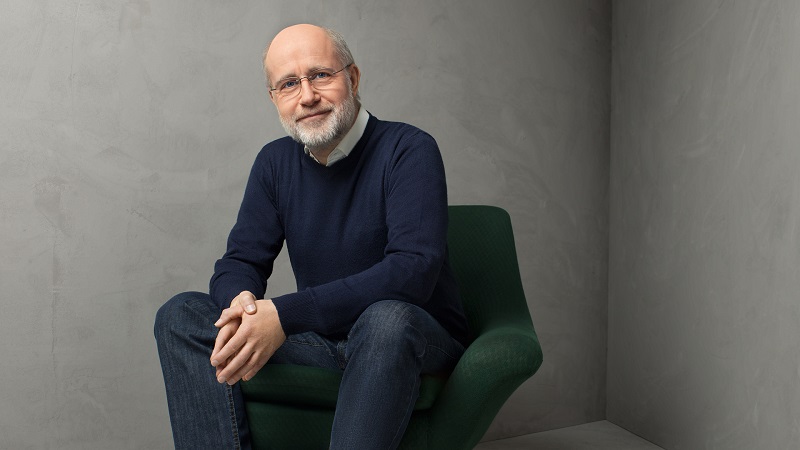How much potential there is in these technologies is something we explored early on at //next. Physicist and presenter Harald Lesch brings us up to date in his report with the above title: How does bitcoin behave in times of rising interest rates and euro devaluations? How realistic is the hope of many Bitcoin fans that it could give us more control over our assets? How high is its often criticised energy consumption really - and can improvement be expected here in the long term?
 Prof. Harald Lesch, Copyright: ZDF/Johanna Brinckmann
Prof. Harald Lesch, Copyright: ZDF/Johanna Brinckmann
"One of the central promises of cryptocurrencies like Bitcoin is to transfer the advantages of cash into the digital world," reads the accompanying text of the current episode of "Leschs Kosmos" (in German only). But the internet was built to transfer information - not values. Because the core characteristic of a value is that there is a certain scarcity. But that is not what the internet is designed for.
ZDF continues: "In the current financial world, institutions such as banks ensure that values remain scarce. For cryptocurrencies, blockchain technology was invented for this purpose; cryptography is the science of encrypting information. It's an IT construct on the internet that allows values to be stored and transported digitally, but in a way that still preserves scarcity."
In the almost half-hour programme, Prof. Harald Lesch follows the paths of old and new money and explains how the technology works and what influence cryptocurrencies will have on our lives. Are Bitcoin, Ethereum or Ripple the future of our money? Do we really need even more digitalisation with virtual money? Or does the only real thing remain cash after all? He discusses such questions with Prof. Philipp Sander vom Frankfurt School Blockchain Center, among others.
Text: Ingo Schenk
Most popular